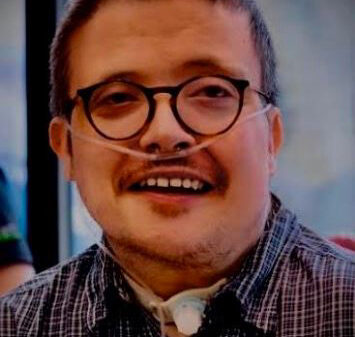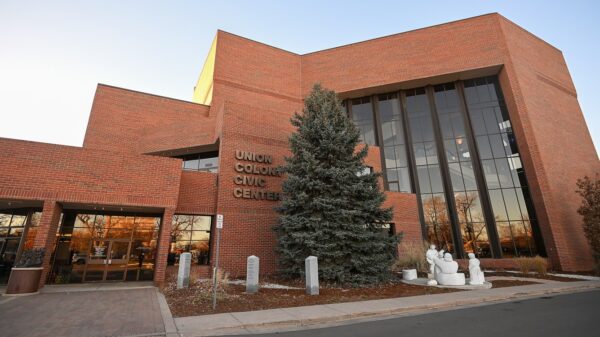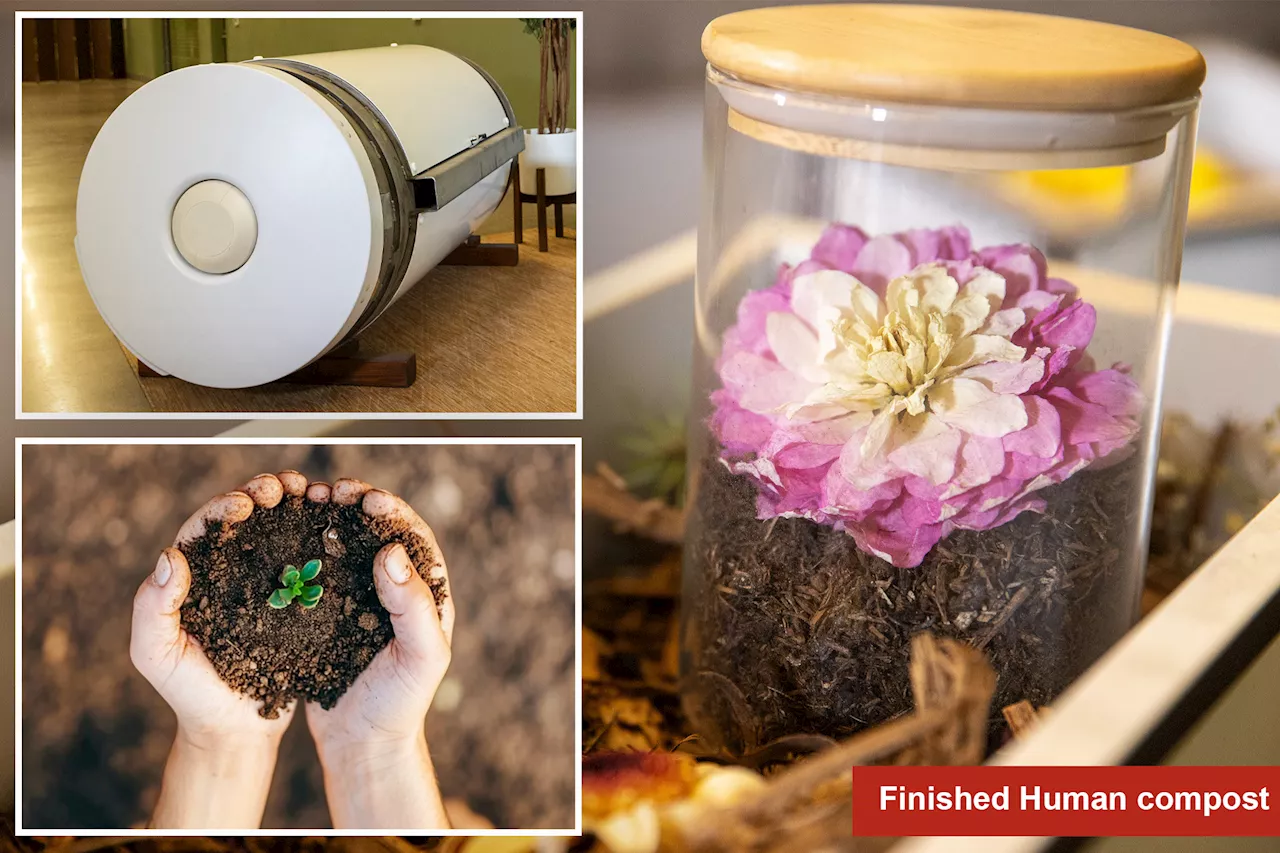New Jersey has officially legalized human composting, establishing itself as the 14th state in the United States to embrace this eco-friendly alternative to traditional burial and cremation methods. On September 11, 2023, Governor Phil Murphy signed the law, which authorizes a practice known as natural organic reduction. This process transforms human remains into nutrient-rich soil, reflecting a growing trend towards sustainable end-of-life options.
Natural organic reduction involves placing a deceased body in a specially designed vessel along with organic materials such as wood chips, straw, and other natural substances. Over a period of several weeks, microorganisms break down the body, resulting in a process that is both efficient and environmentally friendly. The end product can be used to enrich soil for plants, gardens, and landscapes, promoting a cycle of life that resonates with many in today’s society.
The move to legalize human composting aligns with increasing public interest in sustainable practices. This approach not only reduces the environmental footprint associated with conventional burial and cremation, which can involve substantial land use and energy consumption, but also offers families a unique way to memorialize their loved ones.
Many advocates of the practice argue that it presents a more humane and natural way to return to the earth, resonating with a growing desire for eco-conscious choices in all aspects of life. By legalizing this method, New Jersey joins states like Washington, Oregon, and California, which have already taken steps to integrate this alternative into their funeral practices.
The law’s passage has been met with enthusiasm by environmental groups, who see it as a significant step forward in addressing the ecological impacts of traditional burial and cremation. As the conversation around sustainable living continues to evolve, human composting could become an increasingly popular choice for individuals looking to minimize their environmental impact even in death.
Critics, however, have raised concerns about the perception of human composting and its acceptance among the general public. While many view it as a progressive step, others may find the idea unsettling. Education and outreach will be critical in helping to normalize this practice and inform families of their options.
As New Jersey moves forward with this new law, regulatory frameworks will need to be established to ensure that human composting facilities operate safely and ethically. This includes guidelines on how the process is conducted, as well as how remains are handled and returned to families.
With the legalization of human composting, New Jersey not only expands the choices available to its residents but also positions itself at the forefront of an evolving discourse on death care practices. The changes reflect broader societal shifts towards sustainability and a more mindful approach to life and death.
As more states consider similar legislation, the future of end-of-life care may continue to shift towards options that honor both personal wishes and environmental responsibilities.




































































